
In this era of globalization, most countries follow the same beauty and skincare trends. If we go back a few decades in the past, without the internet, social media, etc.. people were less aware of foreign trends. Each country had its own way to do their make-up, to treat and take care of their skin. Nowadays things changed, even though some cultures still influence the beauty industry, trends are almost always worldwide. The fact it’s also easy to buy cosmetics coming from everywhere in the world creates the standardization of beauty and beauty trends.
However, today we are going to talk about trends, that became worldwide for most of them, coming from different parts of the earth.
USA Trends:
Skinimalism:
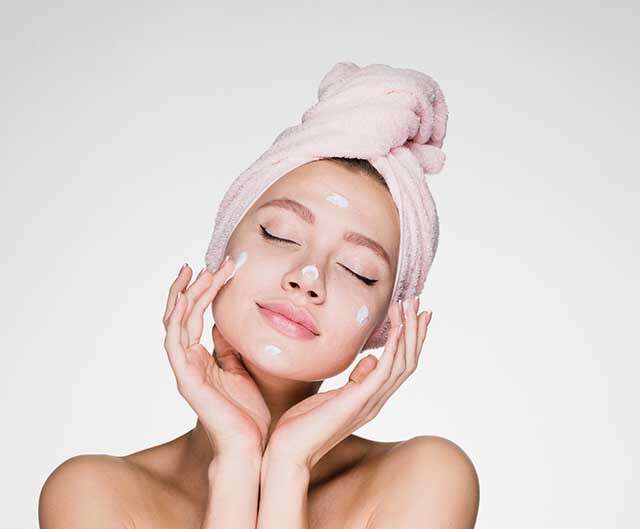
More and more skincare brands enter the market by launching one single product.
Even though the Layering routine is still trendy, a lot of people are looking for a product that can replace all the other cosmetics of their routine. It’s a time saver and also it makes you purchase less unnecessary products. This trend is also more sustainable for the earth. Also using many different types of cosmetics and formulas is not adapted to every skin and can cause irritation, redness, acne, and other skin diseases. So to adopt a skinimalist regime, start by choosing the right formulas. Instead of taking too much time choosing many products, select carefully the cosmetic made with the best ingredients. You should target your skin type and skin concern to choose the right product. Try to choose simple formulas and ban the unnecessary ingredients that will overstimulate your skin, don’t mix many active ingredients together. Focus on cleansing, treating, and moisturizing, also always use sunscreen.
Microbiome skincare:
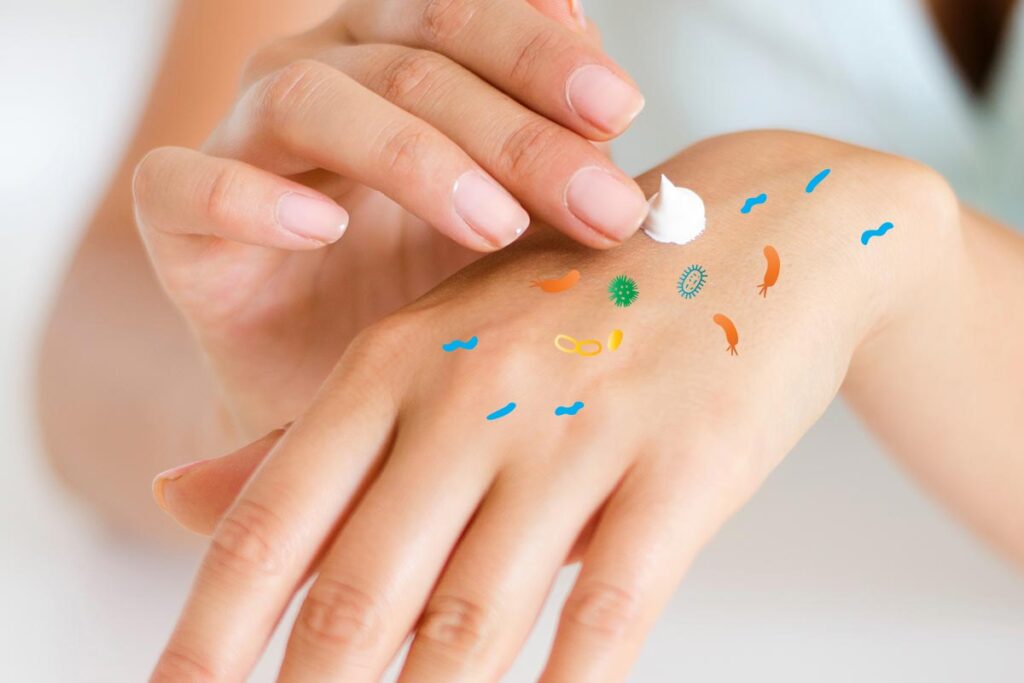
Our modern lifestyle, our food habits, being over-hygienic and our reduced exposure to nature are compromising the skin microbiome. Because of it, our skin can be oily due to the overproduction of sebum. It can also be dry and redness can appear on your skin. Since the covid pandemic, the hyper-hygienic atmosphere and the daily use of masks cause breakouts and irritation. Microbiome skincare can be the solution to this problem. By incorporating some probiotics skincare products into your routine and banning harmful chemicals, you will cure your skin respectfully.
But what is the microbiome and how probiotics can help our skin to look healthier and beautiful?
The microbiome refers to the complex community of microscopic organisms that live on human skin. As we said before our daily habits damage our skin. Probiotics are a combination of live beneficial bacteria that naturally live in your body. The goal of probiotic cosmetics is to help rebuild and strengthen the skin’s barrier and also speed up the process of skin natural immunity. Using this skincare ingredient will provide you many other benefits as restoring your pH balance.
If you think probiotics skincare is interesting, we talked about this ingredient in our last article.
Personalized skincare:
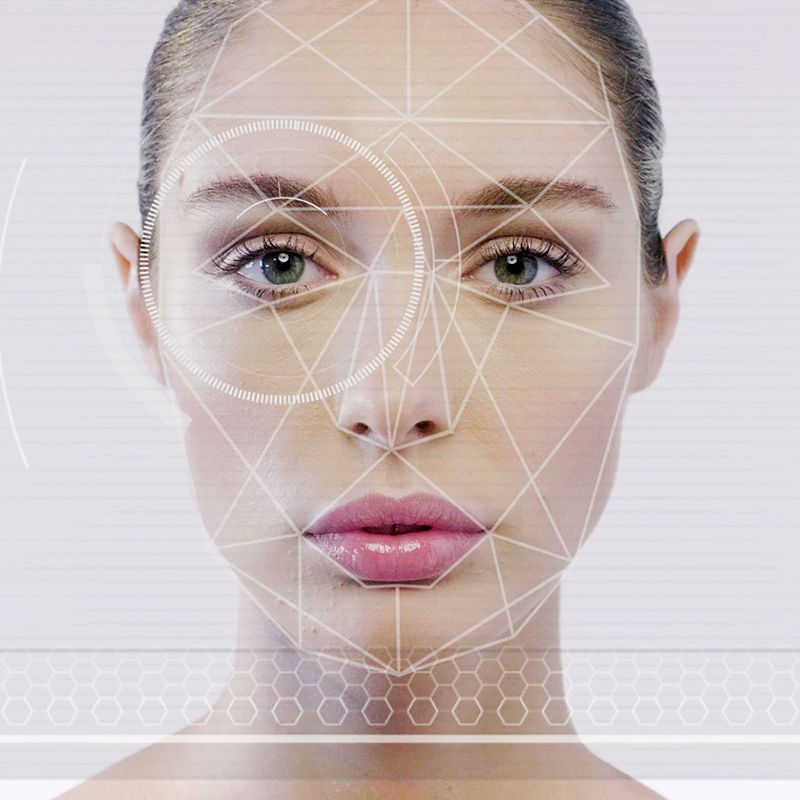
When we are looking for buying a new cosmetic product, we are looking for a review from other customers and advice from an online beauty guru. But as most of them are not dermatologists, they have a wide knowledge of which active ingredients will suit the most to your skin. Also, most big brands products come in one mass-produced formula. Those products don’t make a person’s unique skincare needs into consideration. The problem is every skin have different complexions and needs, often we don’t use the product adapted to our skin type. That’s why some brands started using the personalized skincare method. When you want to buy a product on a personalized product brand, you need to complete an online quiz about your skin. What is your main skin’s problem, how does your skin react, how your skin looks in different situations, etc… It’s a real diagnostic made to have the best advice from dermatologists, and propose you a product that will really suit your skin. Some brands already start this method as the French organic brand Typology or the brand Proven that make you discover your personalized skincare formulated by Stanford scientist. This way to buy the best product that is going to cure your problems and answer your skincare needs is the future of the beauty industry.
Europe Trends:
Sustainable Products:
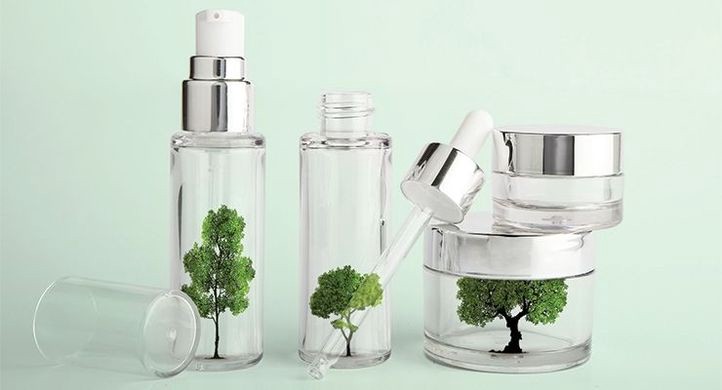
European people are probably the most aware cosmetics consumers in the world. As they are better informed on the organic ingredients, they tend to ask more sophisticated questions about beauty products, leading to more demand for natural products and ingredients. They also do care about the environment and clean beauty and green cosmetics became real trends.
Media reports about climate change, plastic pollution, use of harmful chemicals, and animals cruelty rise the European’s desire to limit their impact on the environment. Also the creation of mobile apps that inform the customers about the ethicality of the formulas of the product they are using make the customers more exigent about their beauty cosmetics.
More and more customers are looking for natural ingredients that can replace chemicals that are harmful to the skin and pollutes the planet. The use of chemicals is very regulated under the REACH Regulation that every European importer has to follow. The European Union also based the use of animal testing methods, and some countries banned the use of microplastics in cosmetics products. The rules are also becoming tighter for the fragrance allergens.
Europe has some of the tightest regulations for cosmetics in the world. To sell natural, sustainable, and/or ethical sourcing cosmetics products in Europe, companies need certification or they would lose access to some market part.
Every year, more than 120 billion units of packaging are produced by the cosmetics industry. People point the blame on the excess of cosmetic packaging waste. They also denounce, the way some brands wrap their products in multiple useless layers to look more luxurious. So, today people want to shop for products packed in recyclable or recycled packaging. Many brands also launch plastic-free or refillable packaging. Some of them also adopt the package-free method.
In our last article about sustainable brands, we talk about SourcingLab services and the packaging that we can provide to our clients. To learn more about the solutions we are proposing, check out this link!
Ethical sourcing:
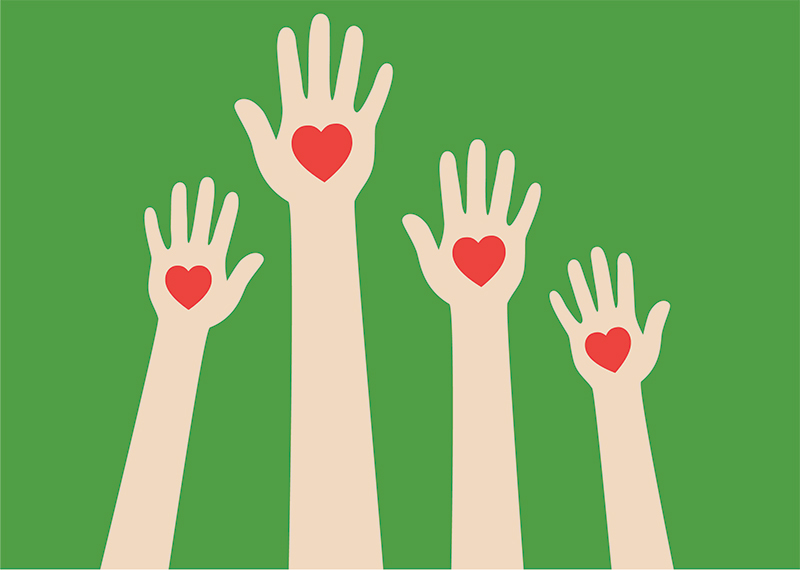
Ethical Sourcing should be evidence for every company and every consumer. But when you know how cosmetic manufacturers treat workers in developing countries and how this production is polluting the planet, you quickly understand that this industry is everything but ethical.
Nowadays, customer’s knowledge and awareness about the beauty industry are rising. People feel concerned about climate change and humans rights. That’s why European clients want to buy respectful/clean products and they are asking for transparency.
Thanks to Social Media, customers are also more aware of working conditions in some countries and they do not want to buy cosmetics coming from child labor or contemporary slavery anymore. They want to know how and where the products they are buying are sourced.
For example, most cosmetics companies are selling makeup products that are made with mica. The problem is that mica is an ingredient with a lot of ethical issues as child labor and human rights abuses. So, to deal with this problem, some engaged brands started using synthetic mica created in a lab or try to source it ethically and transparently.
Ethical sourcing also means respecting nature. Several natural and organic standards and schemes are emerging in Europe and the world, they represent environmentally friendly products. Some of them prove that the ingredients used in the product were sourced respectfully and sustainably. Like for example, the use of palm oil, which is one of the reasons for the deforestation of the Amazon forest. It exists many types of standards, for the protection of the animals, the forest, the ocean, the carbon-neutral label, halal one or gluten-free, etc… All those labels are here to provide the best quality and teach the customers how it’s imperative to buy ethical cosmetics.
NGOs and the government are also forcing beauty companies to produce ethical and responsible cosmetics. As for sustainability, Europe is a region highly regulated, you need to follow many rules, respect the environment and the humans that you are employing in the creation process of your cosmetic product.
As you can see Europe is becoming more strict over the years and it’s not easy to launch a natural and organic product in those countries, but those rules guarantee high quality and safe products to the customers. Finally, it’s also a good way for companies to increase their brand values.
South East Asia Trends:
Halal Cosmetics:
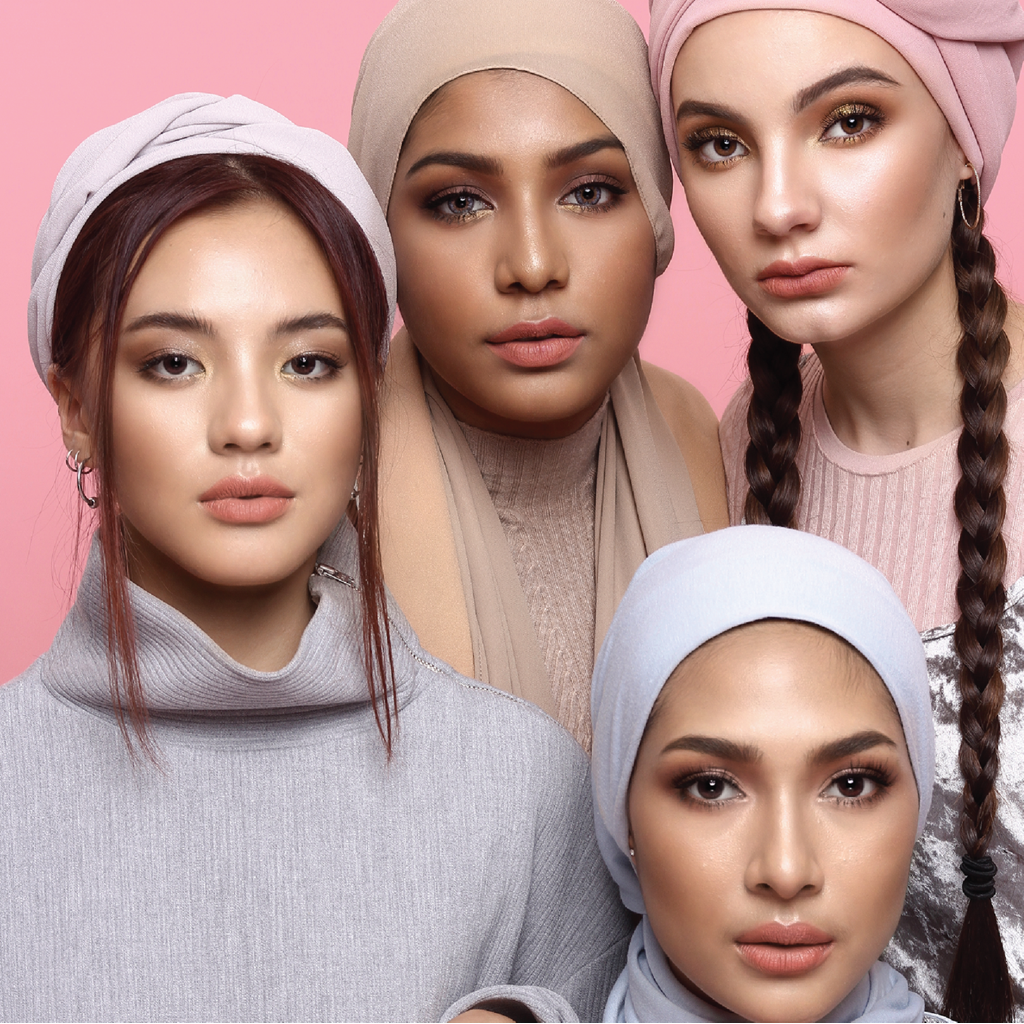
Halal is an Arabic word that means permissible or acceptable. A Halal-certified product means the entire manufacturing, storing, and packaging processes are in accordance with Islamic law.
If the Halal term is originally attributed to food, today more and more Muslims feel the need to use pure and clean cosmetics. Halal cosmetics don’t include ingredients derived from dead animals, pigs, dogs, insects, blood, and genetically modified organisms. The ingredients considered impure are called Haram. Gelatine, lanolin, collagen, and alcohol can not be used in halal cosmetics. To learn more about this, check out Aziza’s article about the best halal cosmetics brand every Muslim should know.
Southeast Asia is the largest halal cosmetics producer in the world. Malaysia is listed among the top 10 producers of halal pharmaceuticals and cosmetics industries in the world. More and more SMEs (Small and Medium-sized Enterprises) specialized in halal cosmetics emerged in the market. Indonesia is also a major driver of growth for halal products. In this country, halal cosmetics need a mandatory certification. Around 80% of the country’s market share of cosmetics products already has this certification. Finally, K-Beauty manufacturers are also following the trend. They saw the demand is growing in Southeast Asia but also in the rest of the world. Korean cosmetics are known for being natural, high quality, and innovative which match the Muslim consumer’s expectations.
The halal cosmetics market is growing as much as the number of Muslim people in the world. It’s also very appreciated by the vegan community and everyone who wants to get quality beauty products.
Asian Centric ingredients:
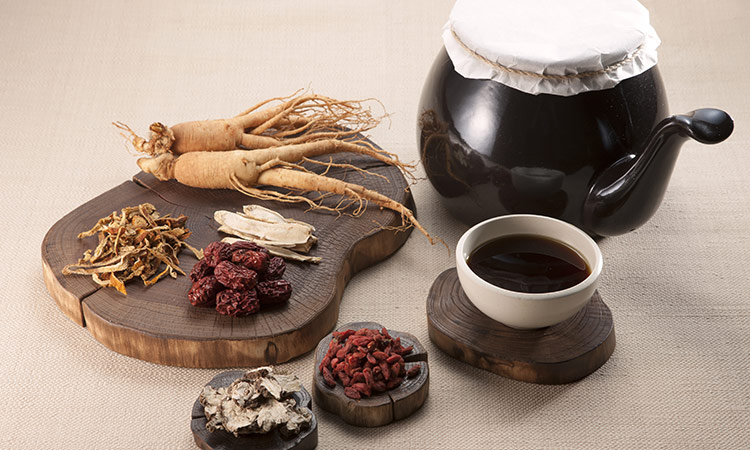
Asian countries are famous for their traditional and ancestral medicine. This medicine is based on nature (animal, botanical, and mineral), it prevents and treats the body from inside and outside. Traditional Chinese Medicine (TMC) for example has been used for thousands of years in cosmetics to cure multiple skin diseases. To learn more about TMC in cosmetics, we recommend you this article that talks about every aspect of this medicine.
Today, Asian brands keep using ingredients native to the region in their products. Asian beauty products, especially from Korean, Japanese, and Chinese brands became very trendy in every country of the continent. Since few years, this Asian wave has extended worldwide but especially in Europe and the US. International brands are now looking for producing cosmetics lines in Asia made with traditional ingredients. Even the biggest brands on the planet started using bamboo, rice, tea, etc in their cosmetics. They understood the consumers like those trends, as it look respectful, green, premium, and exotic.
We talk in our article 8 Skincare ingredients to use in your brand for 2021, about the medicinal herb Centella Asiatica, better known as Cica. This plant is a high antioxidant with anti-inflammatory properties. It’s the perfect example to represent the rise of Asian-centric ingredients in the beauty industry. It was originally used by TMC therapist, today almost every big brand from everywhere in the world have Cica product line.
If you are a beauty brand owner and you look interested in launching a cosmetic line made with Asian ingredients made in Korea, SourcingLab can provide you this service. We can create with you a beauty product that match with the worlwide trends.
Middle East Asia Trends:
Make it simple :
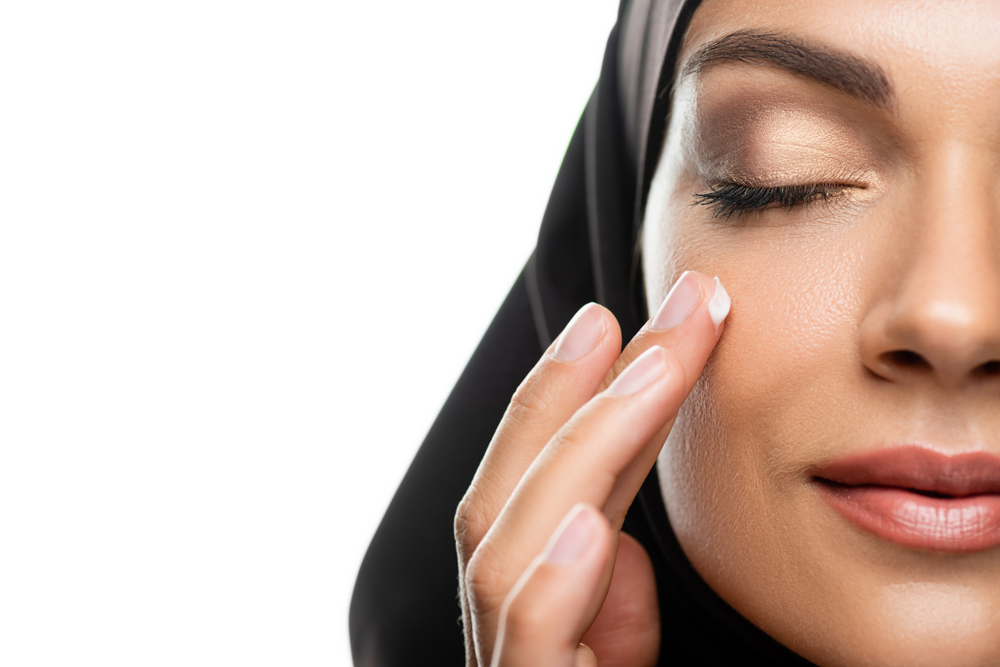
The layering 10 steps skincare routine used by Korean seems insane for Middle East people. They prefer simple and basic routines. The most important steps are cleaning, moisturizing, and wear SPF. Cleaning will soothe and refresh your skin, which provides a pleasant feeling especially when the weather is hot. Using a cleanser also gets rid of impurities. Sun heat deeply dehydrates and dry the skin, so moisturizing is important to middle eastern. Most of them use rich cream or oils (Argan oil, olive oil, etc…) to nourish their skin. Also, as we said before, they like fast and simple routines, that’s why they prefer using multifunctional products.
For example, a moisturizer that trends in the Middle East hydrates the skin, prevents the dark circle and protects the skin from the sun. Finally, in the Middle East culture, people don’t need to have a strong smell, women are appreciated by skin see. Culturally speaking, they like neutral smells cosmetics that leave an impression that the skin is naturally scented.
Sunscreen:
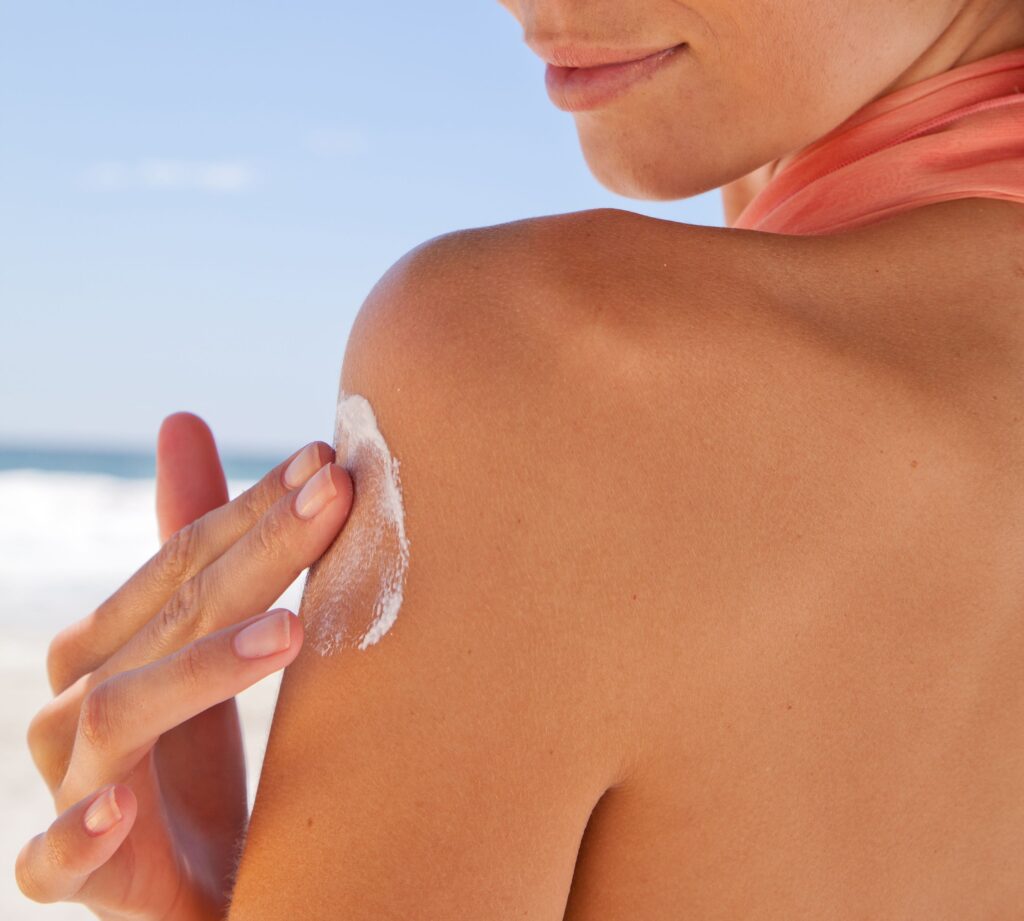
Middle East people have higher amount of melanin than Caucasian, that’s why they look naturally tan. Their skin doesn’t not burn as white skin so you maybe think they don’t need sunscreen. But actually Middle Eastern could be at more risk than others for long-term skin damage because it goes unnoticed. The sun is so strong in this area, so people use a lot of sunscreen. Body sunscreen is important but as in most of hot countries, people are wearing long clothes to cover their skin. Face sunscreen is a best seller that Middle Eastern wear every days to protect their skin from UV rays. It protects their skin from winkles and dark patches but also from skin diseases and cancer.
We talked about the most important trends of the year in each region of the world. Those trends may interest you or inspire you for your brand. If you want to launch your cosmetic product, contact SourcingLab. Our team will give you the best advice about the actual trend so we will create together the perfect product that follows the latest trends.
